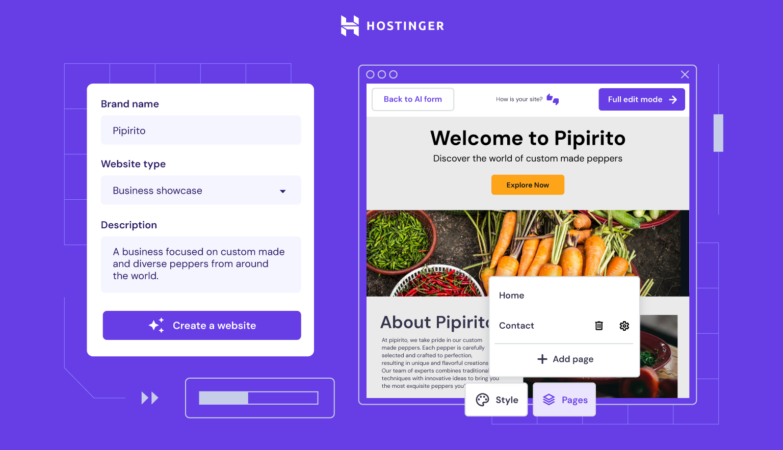Common Causes of Painful Swallowing
Pain when swallowing can stem from various sources, ranging from simple infections or an improperly swallowed pill to more grave concerns. The pain may be felt in the mouth, throat, esophagus, or even the chest. Here are some potential causes, but a definitive diagnosis should come from a medical professional.
Common Infections A sore throat leading to painful swallowing often indicates a cold, flu, or sinus infection. These infections can precede other symptoms like congestion and coughs. While colds must run their course with rest and fluids, flu symptoms are more severe and warrant a doctor’s visit. Sinus infections may cause throat irritation due to continual throat clearing.
Strep Throat This bacterial infection doesn’t present with typical cold symptoms like coughing. Adults with strep may experience sudden sore throat, fever, and swollen neck lymph nodes, whereas children might also exhibit nausea and vomiting. Diagnosis is through a rapid test or throat culture, and antibiotics are recommended to prevent further complications and hasten recovery.
Mononucleosis Caused by the Epstein-Barr virus, mononucleosis spreads easily and includes symptoms like fever, swollen tonsils, muscle aches, and significant fatigue. Diagnosis requires a blood test, and while it often resolves without treatment, monitoring for complications is crucial.
Herpes Simplex Virus This virus can cause painful oral sores and difficulty swallowing. First-time occurrences or cases in individuals with compromised immune systems, such as those with HIV, require medical attention.
Thrush Common in individuals with weakened immune systems, thrush can cause symptoms like loss of taste and dry mouth. It’s treated with antifungal medications.
Cytomegalovirus (CMV) Related to the viruses that cause herpes and mono, CMV can be serious for pregnant women or those with weakened immune systems. Symptoms include fatigue and muscle aches.
Swallowing Difficulties with Pills or Food Certain pills or rough food pieces can scratch the esophagus. To prevent irritation, drink plenty of water when swallowing pills and remain upright afterward.
GERD Gastroesophageal reflux disease (GERD) can cause painful swallowing due to acid erosion in the esophagus. Symptoms include heartburn and acid regurgitation. Frequent heartburn may require dietary changes and medication.
Crohn’s Disease Though primarily affecting the colon, Crohn’s can impact any part of the digestive tract, including the esophagus, making swallowing painful. Symptoms include diarrhea and weight loss, and diagnosis might involve an endoscopy.
Cancer and Cancer Treatments While cancer is an unlikely cause of painful swallowing, it can be a symptom of throat or esophageal cancer as tumors narrow the passageway. Cancer treatments like chemotherapy or radiation can also inflame the digestive tract lining, causing pain.
For any persistent or severe pain when swallowing, it’s important to consult with a doctor to rule out serious conditions and receive appropriate treatment.







